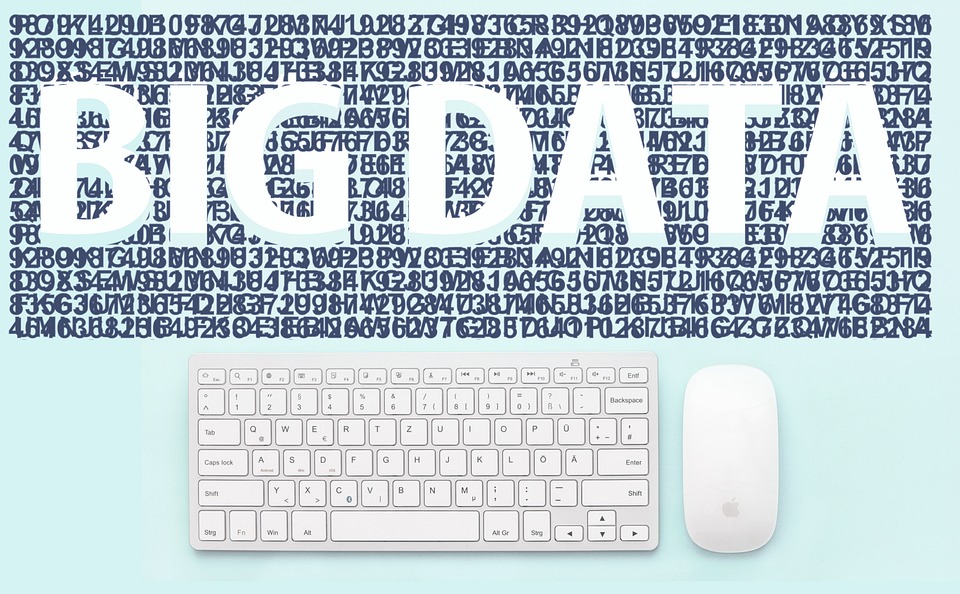
One of the key ethical concerns surrounding big data is the issue of privacy. With the proliferation of data collection techniques such as tracking cookies, social media monitoring, and location tracking, individuals are increasingly concerned about how their personal information is being used and shared by companies. The collection of sensitive data, such as health records, financial information, and browsing history, raises serious privacy concerns and can potentially lead to identity theft, discrimination, and other forms of harm.
In addition to privacy concerns, there is also the issue of security when it comes to big data. As companies collect, store, and analyze vast amounts of data, they become prime targets for cyber attacks and data breaches. In recent years, we have seen numerous high-profile data breaches that have exposed the personal information of millions of individuals, leading to financial loss, identity theft, and other forms of harm. Ensuring the security of big data is essential to protect both individuals and businesses from these risks.
So, how can companies balance the benefits of big data with the ethical considerations of privacy and security? One approach is to implement robust data protection measures, such as encryption, access controls, and regular security audits, to safeguard sensitive information from unauthorized access. Companies should also be transparent with consumers about how their data is being collected, used, and shared, and provide them with the option to opt-out of data collection if they so choose.
Another important aspect of ethical big data practices is the responsible use of data. Companies should only collect and analyze data that is necessary for their business purposes and should not use data in ways that could harm individuals or violate their rights. Additionally, companies should be mindful of bias in data collection and analysis, as biased algorithms can lead to discriminatory outcomes and reinforce existing inequalities.
Ultimately, the ethics of big data are a complex and evolving issue that requires careful consideration and dialogue among stakeholders. By balancing innovation with privacy and security, companies can harness the power of big data to drive growth and innovation while also respecting the rights and interests of individuals. Only by upholding ethical standards in the collection, use, and protection of data can we ensure that big data continues to benefit society as a whole.






